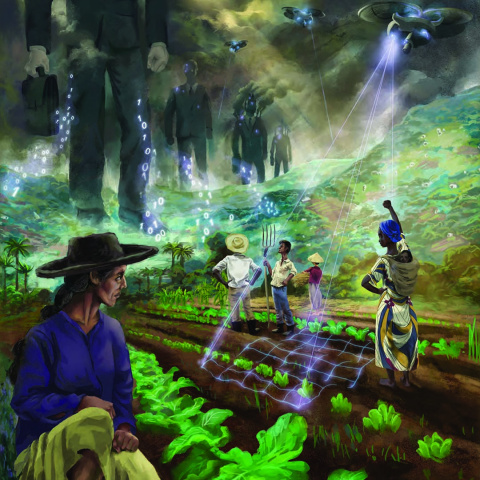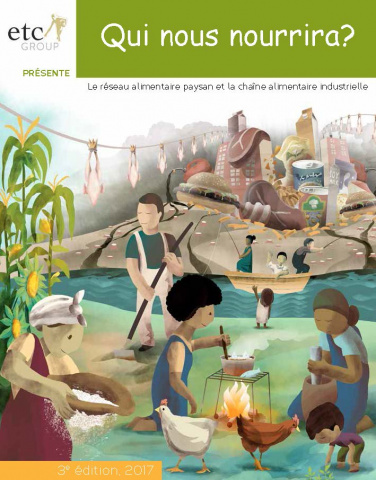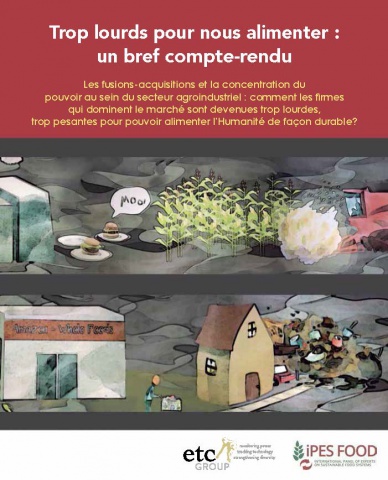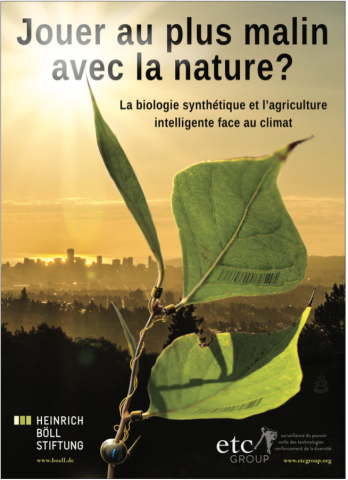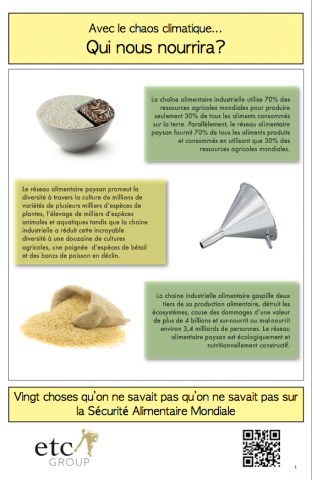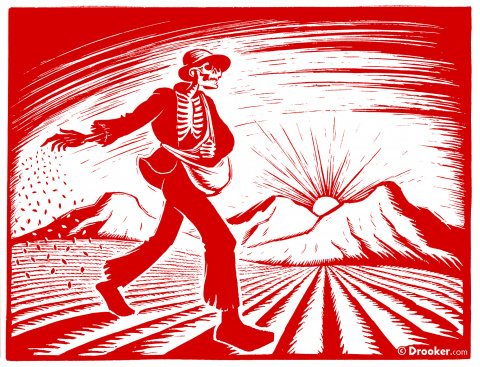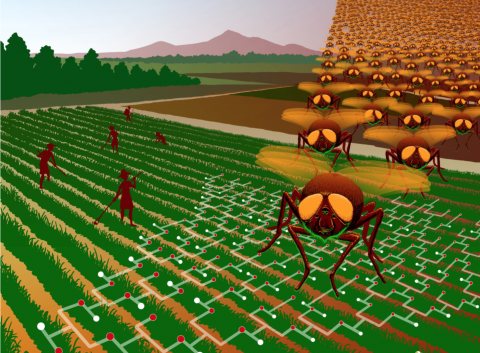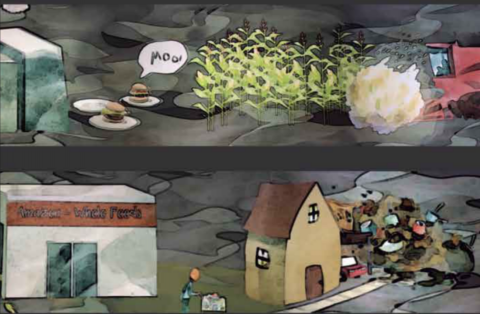Semences et diversité génétique
For more than 30 years, ETC Group (first as RAFI) has monitored technologies and corporate mergers & acquisitions (M&As) related to seeds, the first link in the food chain. Throughout the 1970s, we witnessed petrochemical and pharmaceutical companies (e.g., Royal Dutch/Shell, Occidental Petroleum, Ciba-Geigy, Union Carbide, Upjohn Pharmaceutical) scoop up thousands of small, family-owned seed companies. By the 1980s, a “life industry” had emerged – seeds, agrochemicals, pharmaceuticals (both livestock and human) – which became all the more entangled by the development and commercialisation of proprietary biotechnologies (genetic engineering). Corporate concentration in the commercial seed sector meant a dramatic loss of genetic diversity as companies offered only the most profitable lines of seeds for sale and abandoned the rest. Intellectual property regimes (primarily patents and Plant Breeders’ Rights) soon extended to all biological products and processes, and further rewarded uniformity. With the privatisation of plant breeding, public breeding programs withered, reinforcing corporate consolidation in the seed and agrochemical industry. The late 1990s brought the development of seed sterilization technologies (a. k. a. Terminator), intended to restrict farmers' right to save and replant seed. Today, the world's 10 biggest seed companies control almost three-quarters of the commercial seed market.

